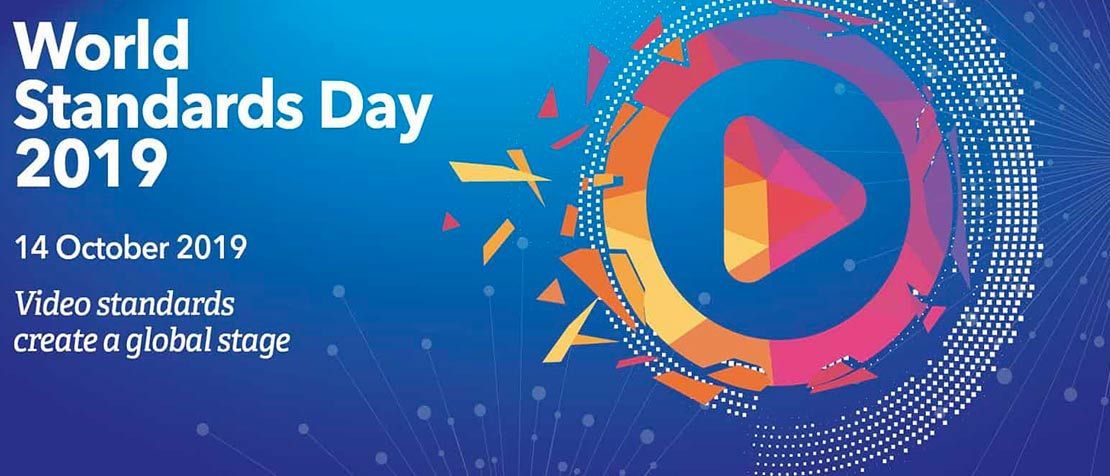
Meet the winners of the 2019 World Standards Day #futurevideo contest

Mohammad Khodadadi from Iran has taken first prize in the 2019 World Standards Day #futurevideo contest for showing how Augmented Reality could bring academic subjects to life.
Khodadadi is a graphic designer and videographer working for a company active in Augmented Reality and Virtual Reality.
“One of our main challenges is to demonstrate the merits of these technologies in daily life,” says Khodadadi.
The winning video does exactly that, showing a medical student using a tablet to visualize the anatomy of the human heart.
The World Standards Day #futurevideo contest challenged entrants to imagine the future of video and capture it in a film no longer than 20 seconds.
The winner and three runners-up were decided by a public vote.
Khodadadi receives 1,500 Swiss francs as the contest’s winner, with each of the three runners-up receiving 500 Swiss francs.
The #futurevideo contest was part of the build-up to World Standards Day, 14 October, which this year takes the theme: “Video standards create a global stage”.
Learn more about the theme from the World Standards Day 2019 message.
1st runner-up: Anna Orbeli, Armenia

Anna Orbeli is a flight attendant by day and an animator by night.
Orbeli’s video shows a school teacher using Virtual Reality to take students on a virtual trip of history.
“My son was the inspiration for my video,” says Orbeli. “I find it more effective to show him something new with a video rather than explain in words. Imagine how effective and interactive education could be with the help of Virtual Reality technology.”

Martin Zavala is a communications professional working for a production company.
Zavala’s video shows a gamer putting on spectacles able to augment their vision. The tips offered by the spectacles help the gamer to learn the controls faster, and score a goal earlier in the game.
“I use a variety of programs for production, and this is an idea that comes to me constantly,” says Zavala. “I always think that Augmented and Virtual Reality would be a faster way to learn new programs.”

Aildrene Tan works for an international NGO collecting and telling stories about development in Southeast Asia.
Tan’s video shows a mobile phone overlaying a cityscape with information about traffic, weather and cultural events.
“Augmented Reality has become more mainstream with the rise of face filters,” says Tan. “If similar filters could be used to overlay real situations with live data such as real-time information and social feed updates, that could take live and interactive video to the next level.”
